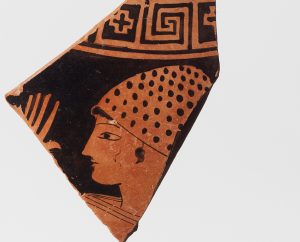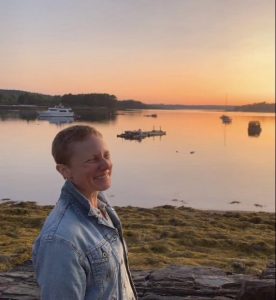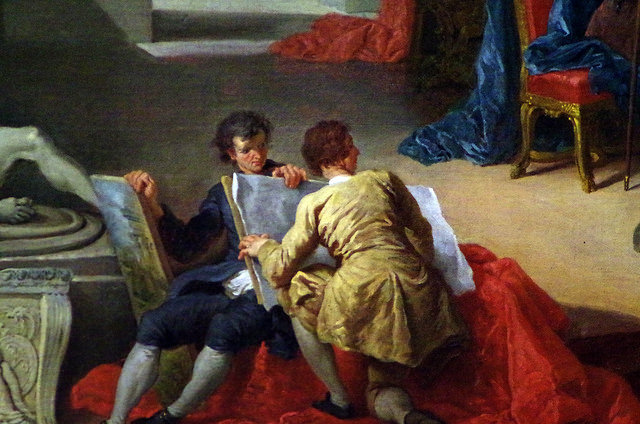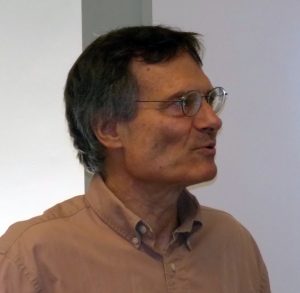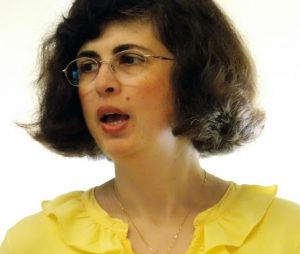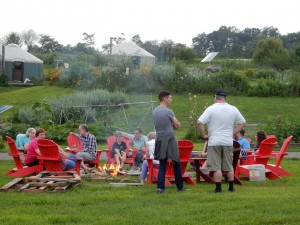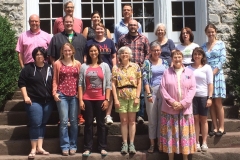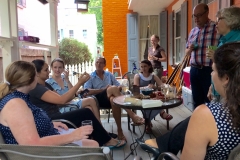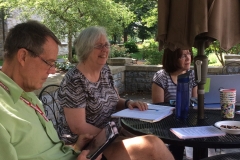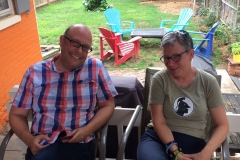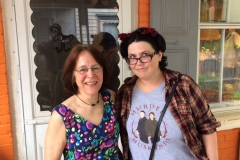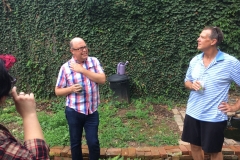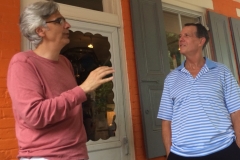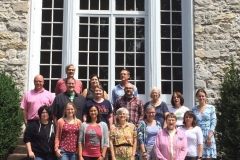I am excited to attend my first Kentucky Neo-Latin Conference this week, organized by the amazing Jennifer Tunberg and Laura Manning. The program does not seem to be freely available online, so I reproduce it here.
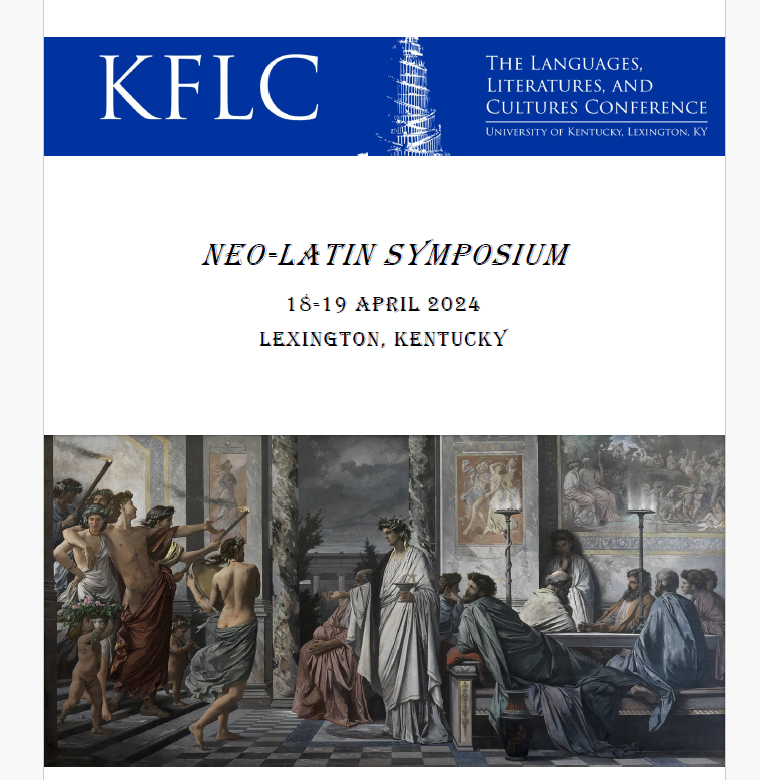
Thursday, April 18, 2024 – 9:10 a.m. to 10:50 a.m. Via Zoom
Latin and Scientific Discovery in Australia and Peru; Learning Latin in Mexico
Organized by: Jennifer Tunberg, University of Kentucky. Chaired by: Terence Tunberg, University of Kentucky
9:10–9:20 Welcoming Remarks
9:20–9:40
“Flora in the Antipodes: Baron Ferdinand von Mueller’s Fragmenta Phytographiae Australiae.” Peter James Dennistoun Bryant. Independent scholar, Conventicula Lexintoniensia
9:40–10:00
“A Medical Thesis by a Peruvian Mulatto Towards the End of the Colonial Period.” Angela Helmer (University of South Dakota)
10:00–10:20
“What if the earliest students of Latin in the Americas were… Aztecs? Indigenous Latin in early colonial Mexico.” Ambra Marzocchi (Brown University; University of Kentucky alumna)
10:20–10:50 Discussion
10:50–1:00 Pause
Thursday, April 18, 2024 – 1:00 p.m. to 3:20 p.m. via Zoom
Translation, Style, Censorship: 4 Neo–Latin Texts, ss. 16–18
Organized by: Laura Manning and Jennifer Tunberg, University of Kentucky. Chaired by: Milena Minkova, University of Kentucky
1:00–1:20
“Moro, Maumethanus, or both? Descriptions of Islamic believers in Archangelus Madrignanus’s Itinerarium.” Shruti Rajgopal (University College Cork, Ireland)
1:20–1:40
“Cleansing the Channels of Expression? The Early Prose Style of Bonaventure Baron (1610–1696)” Jason Harris (University College Cork, Ireland)
1:40–2:00 Discussion
2:00–2:20 Pause
2:20–2:40
“Quanto Elegantius, Tanto Difficilius: on the Latin of Jacobus Trigland III’s Diatribe de Secta Karæorum” Justin Mansfield. Independent Scholar
2:40–3:00
“Timui ne a censoribus italicis prohiberetur: An analysis of pre–publication censorial interventions in Gian Vittorio Rossi’s Pinacotheca” Jennifer Nelson (The Robbins Collection, UC Berkeley School of Law
3:00–3:20 Discussion
Friday, April 19, 2024 – 10:00 a.m. to 12:40 p.m. via Zoom
Empire and Colony in Europe and the New World: Four Neo–Latin Perspectives, ss. 16–18
Organized by: Julia Hernández and Laura Manning. Chaired by: Leni Ribeiro Leite (University of Kentucky)
10:00–10:20
“Luisa Sigea’s Syntra (1553): Framing Feminine Space at the “Hesperian” Margin of Empire.” Julia Hernández (New York University)
10:20–10:40
“Epic emulation of Vergil’s Georgics in Basílio da Gama’s Brasilienses Aurifodinae.” Dreykon Fernandes Nascimento (University of Espírito Santo)
10:40–11:00 Discussion
11:00–11:20 Pause
11:20–11:40
“Translating Anti–Imperial Dissent in Neo–Latin: Antonio de Guevara’s Horologium Principum.” Matthew Gorey (Wabash College)
11:40–12:00
“Traveling to Lisbon: Maffei’s Historiae Indicae (1588) and the Portuguese Empire.” Christopher Francese (Dickinson College)
12:00–12:20 Discussion
12:20–12:40 Closing Remarks
